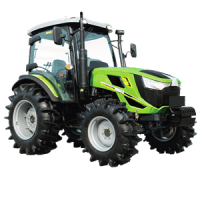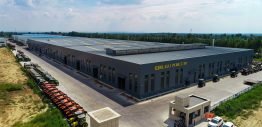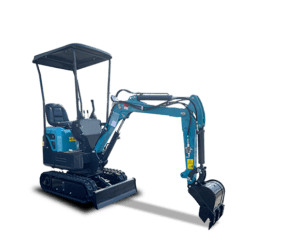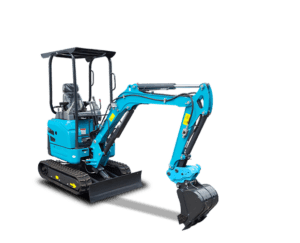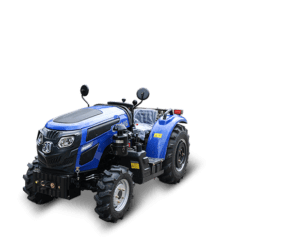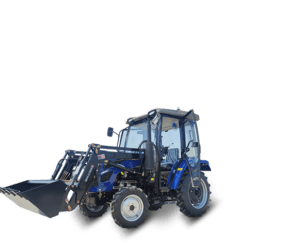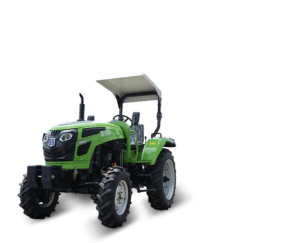Shandong Qilu Industrial Co., Ltd.
World-Leading Designer And Manufacturer Of Excavators, Loaders And Farm Tractors
qilu machinery product categories
Provide you with a reasonable solution
Shandong Qilu Industrial Co., Ltd. is a professional manufacturer and exporter integrating the development and production of mini excavators, loaders and tractors. We provide the best service, absolutely.
Pre-sale Service
After Sale Service
Quality Control
About Us
Play Qilu Video
ODM / OEM / WHOLESALE
Play Product Video
EXCAVATOR / TRACTOR / LOADER
Specialist In
Excavator / Tractor / Loader
We are professional manufacturer and exporter integrating the development and production of excavators, loaders and tractors.
Operation Video Display
On YouTube ,we have videos of customer feedback, videos of various models of excavators, tractors, loaders. All shown on YouTube.
See what our customers say
Featured Information
Understanding Mini Excavator Prices: What You Need to Know Before You Buy
Mini excavators are essential tools for a variety of construction, landscaping, and agricultural tasks. As these versatile machines can vary greatly in price, understanding what drives the cost and how to find the best value is crucial for potential buyers. In this comprehensive guide, we delve deep into the world of mini excavator prices, ensuring you have all the information needed to make an informed purchase.
Tractor 4WD: The Ultimate Solution for Boosting Farm Efficiency
In the realm of modern agriculture, the utilization of advanced machinery has become imperative for enhancing productivity and efficiency. Among the various farming equipment available, tractor 4WD stand out as a crucial asset for farmers looking to optimize their operations.
The Ultimate Guide to Buy Tractor: What You Need to Know
Whether you are a farmer, landscaper, or property owner, buy tractor is a significant investment that requires careful planning and research.
Contact Us Today!
Any question, quote or inquiry? Click the button to send message.
Qilu Industrial will always here to help.

